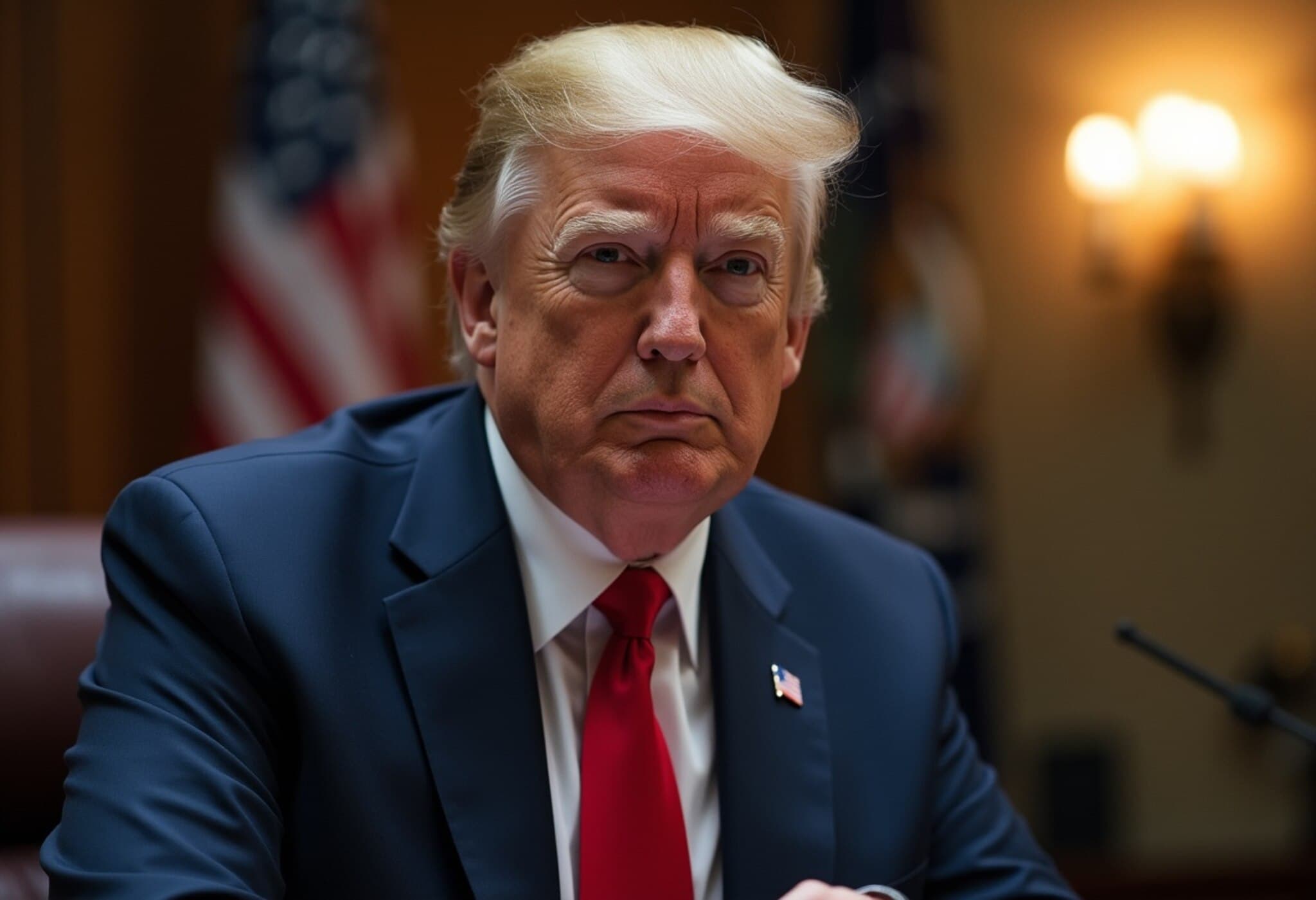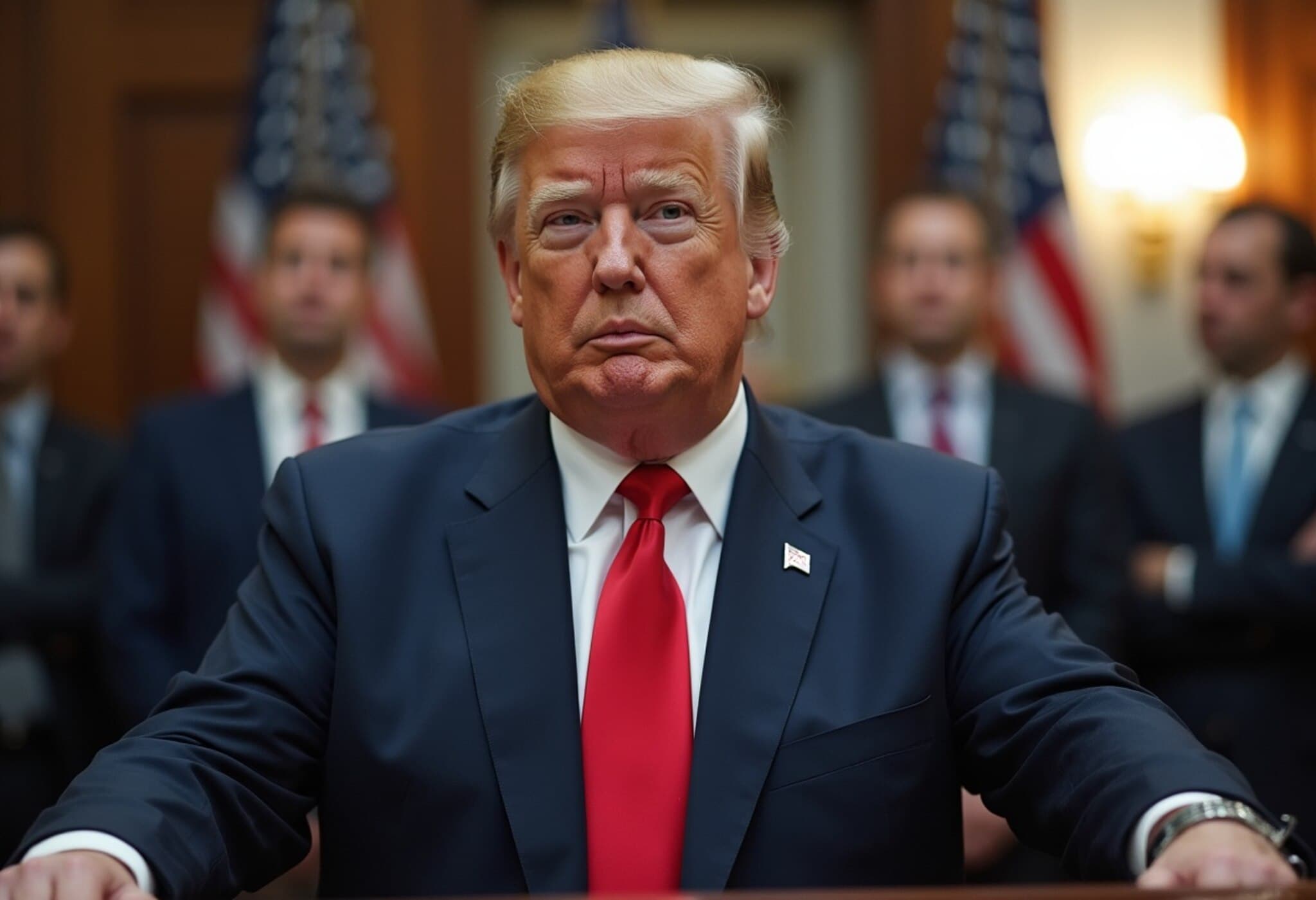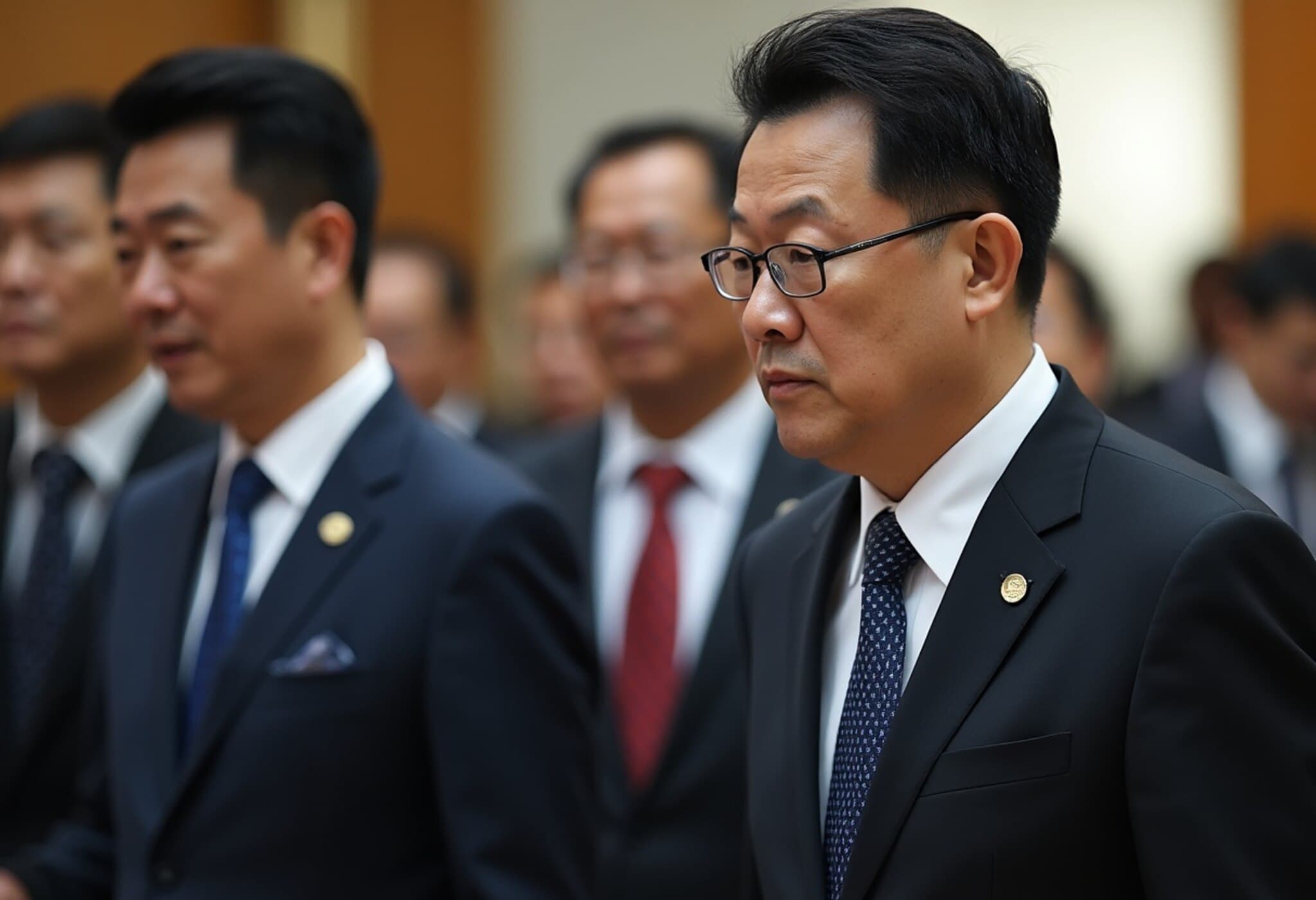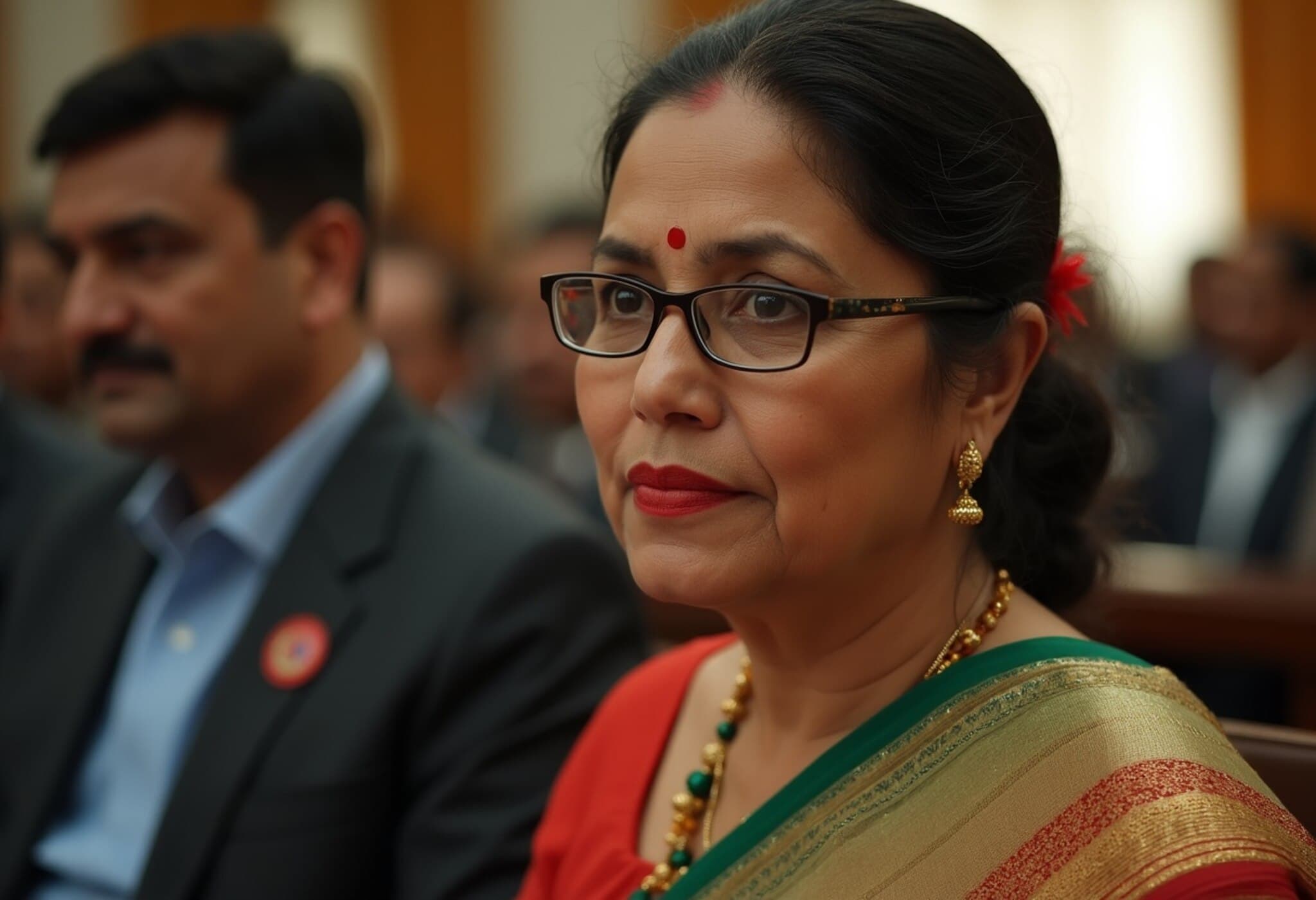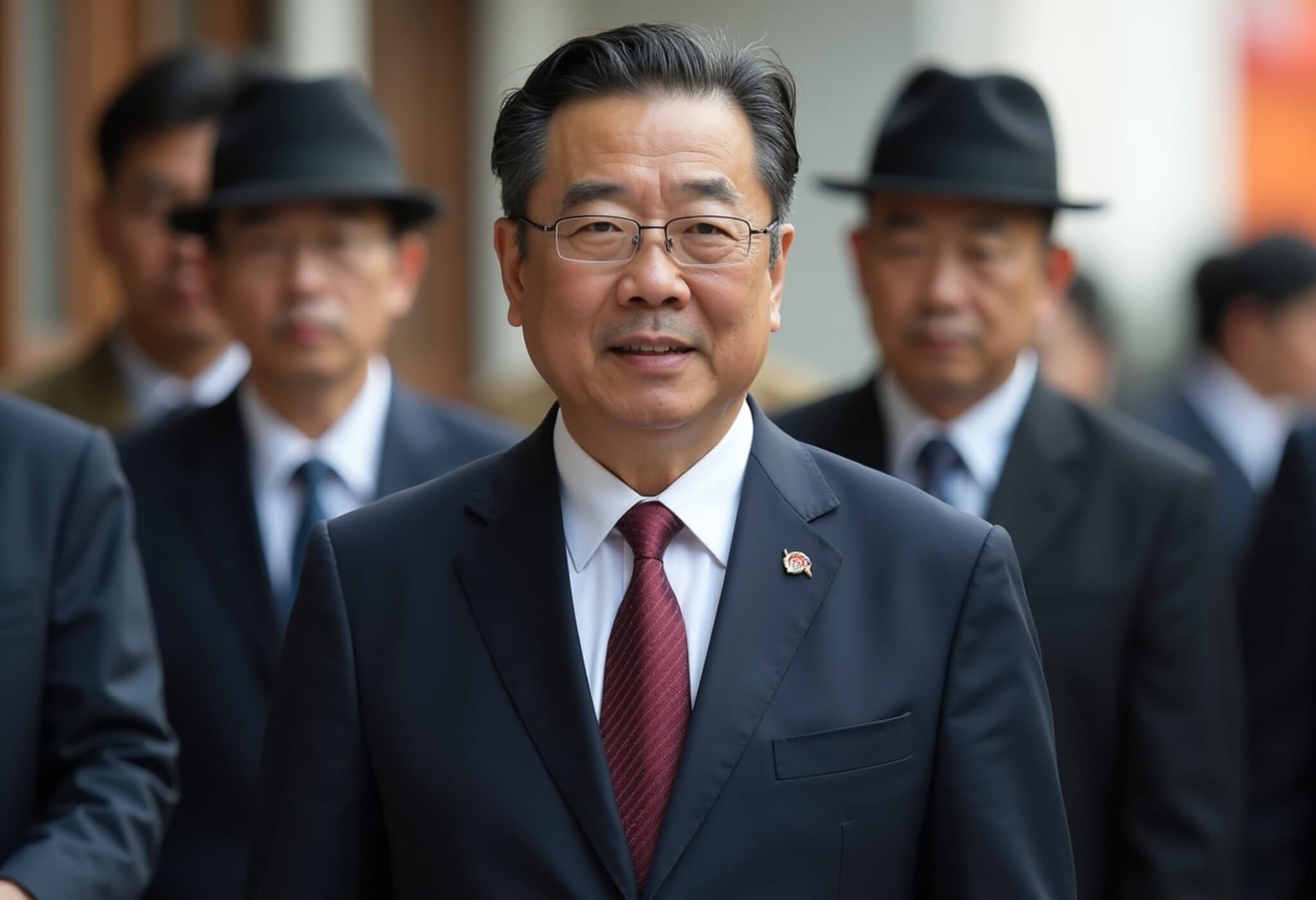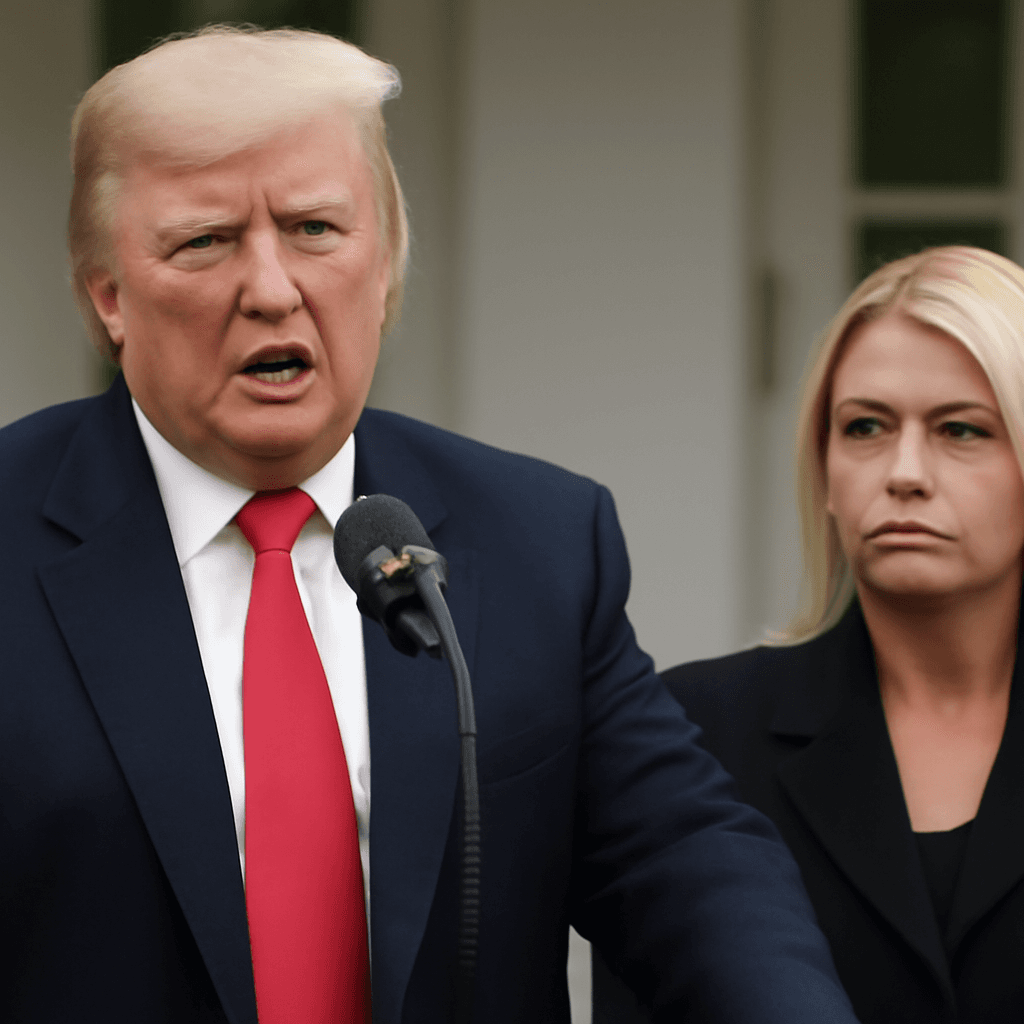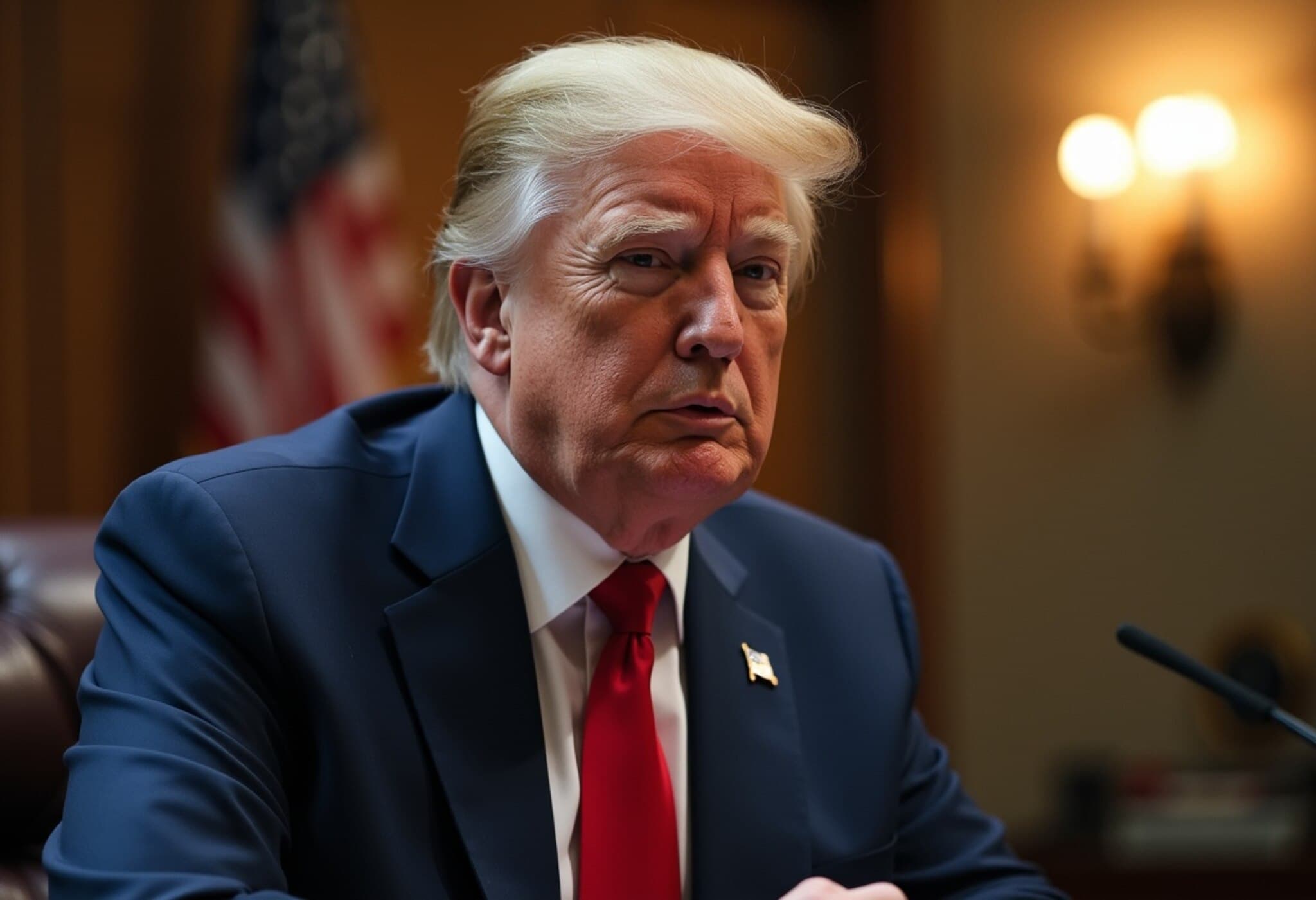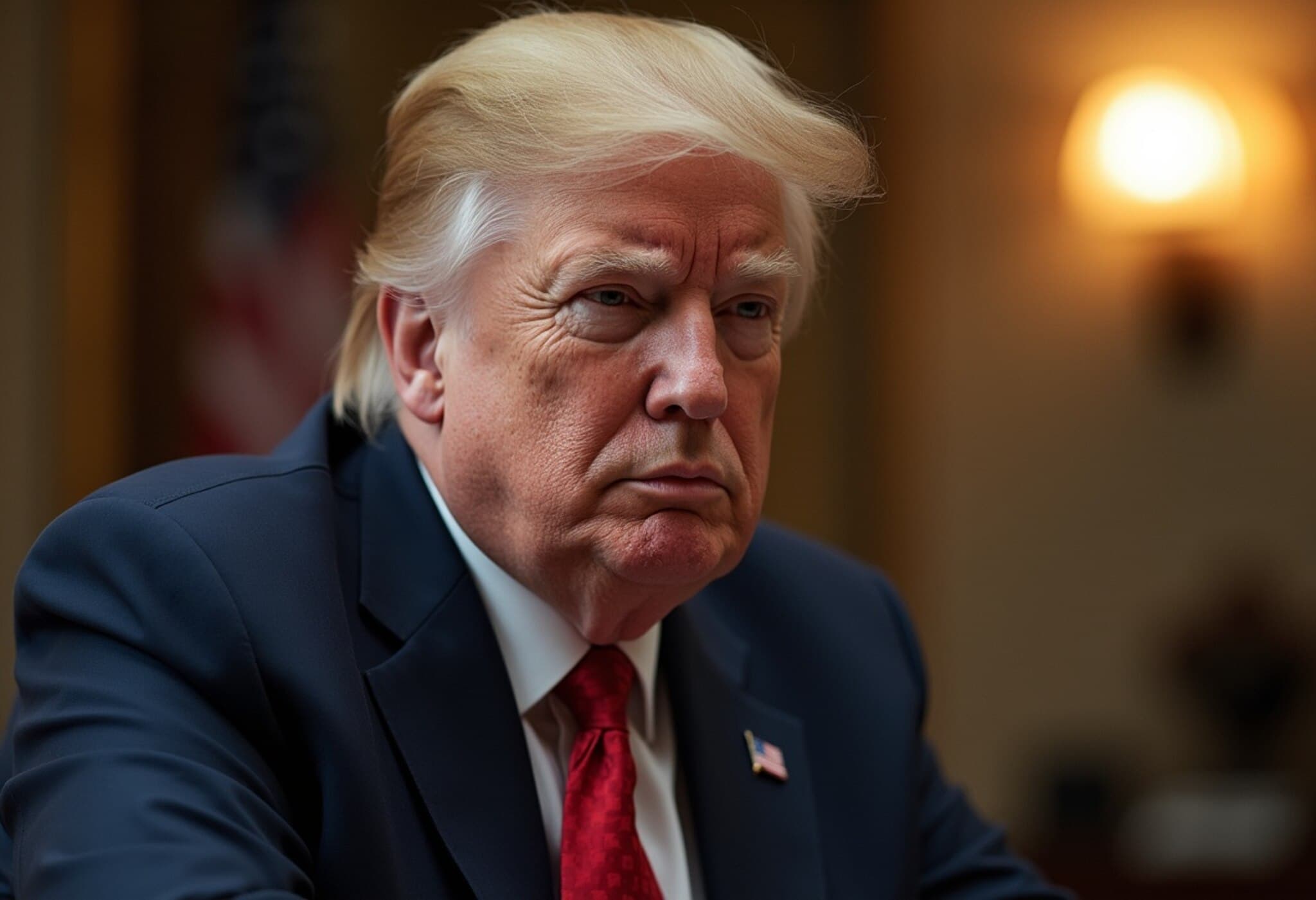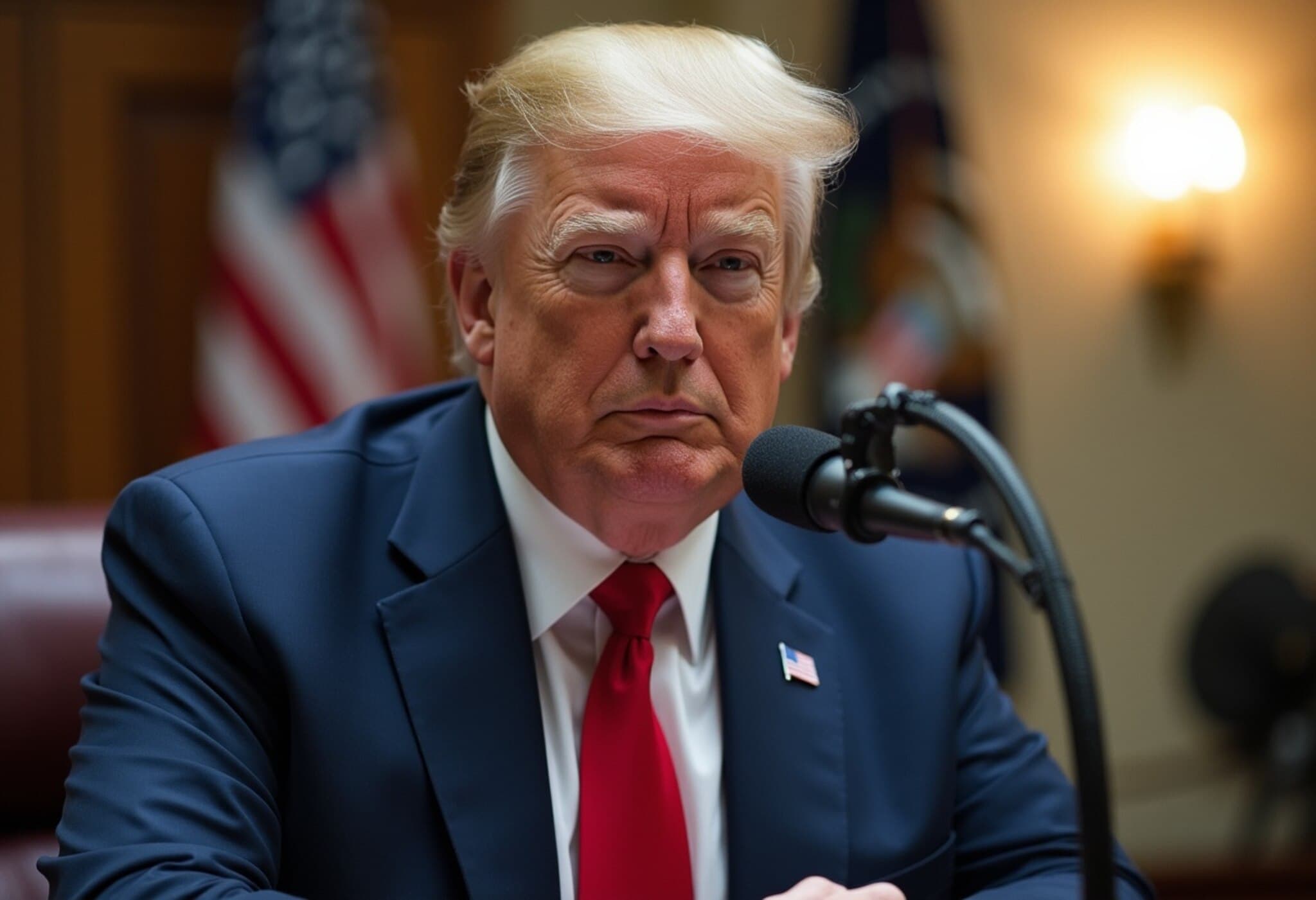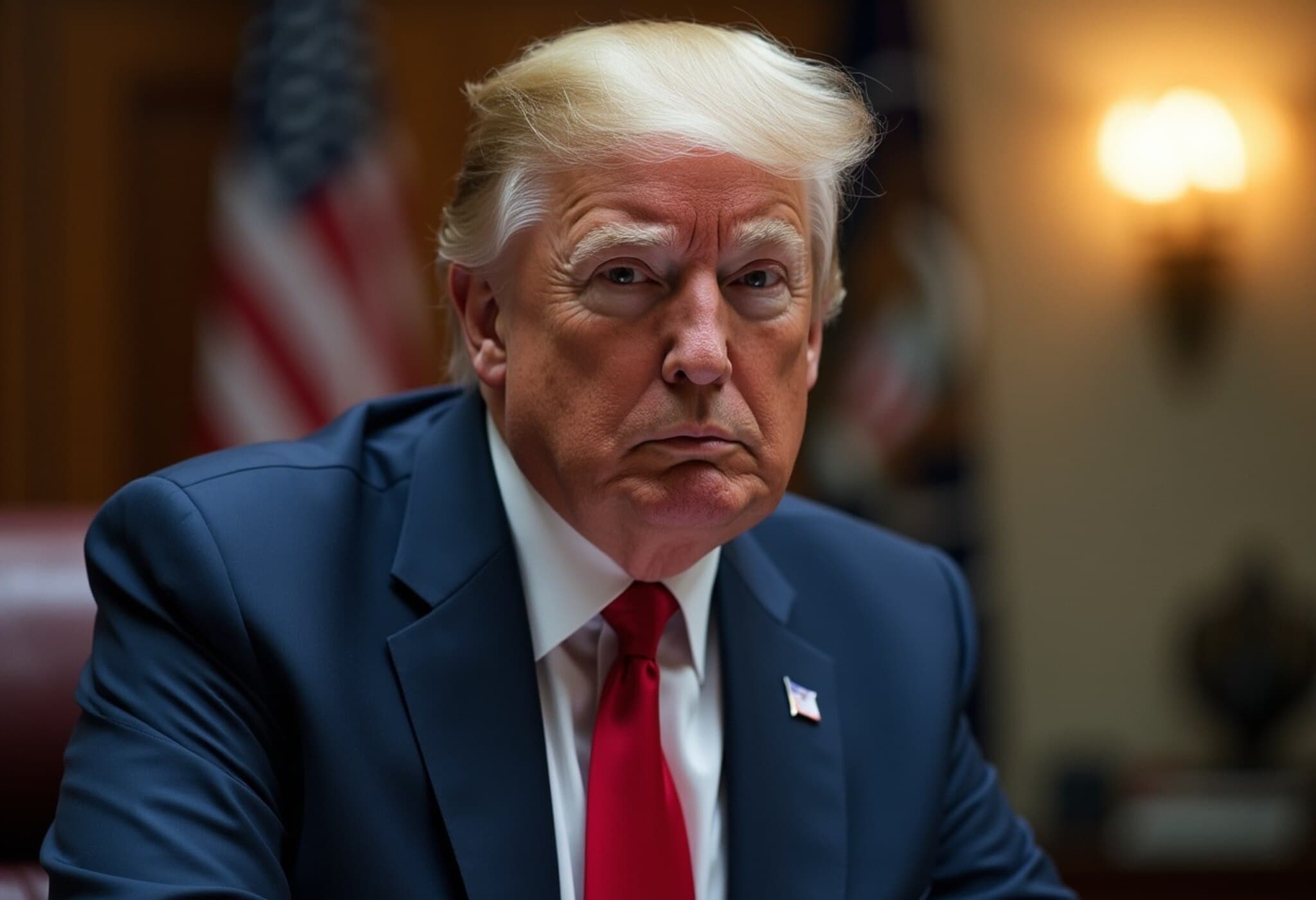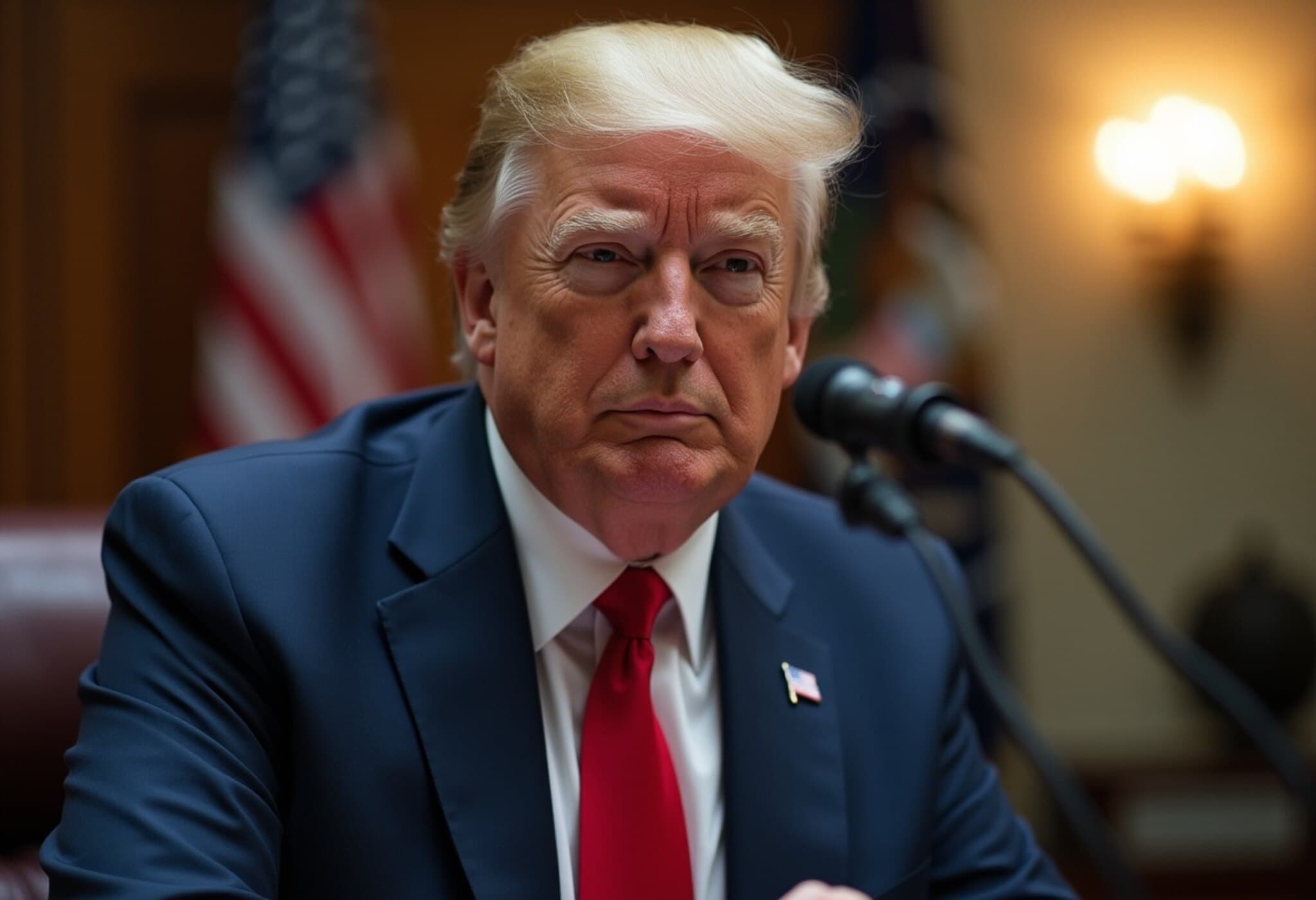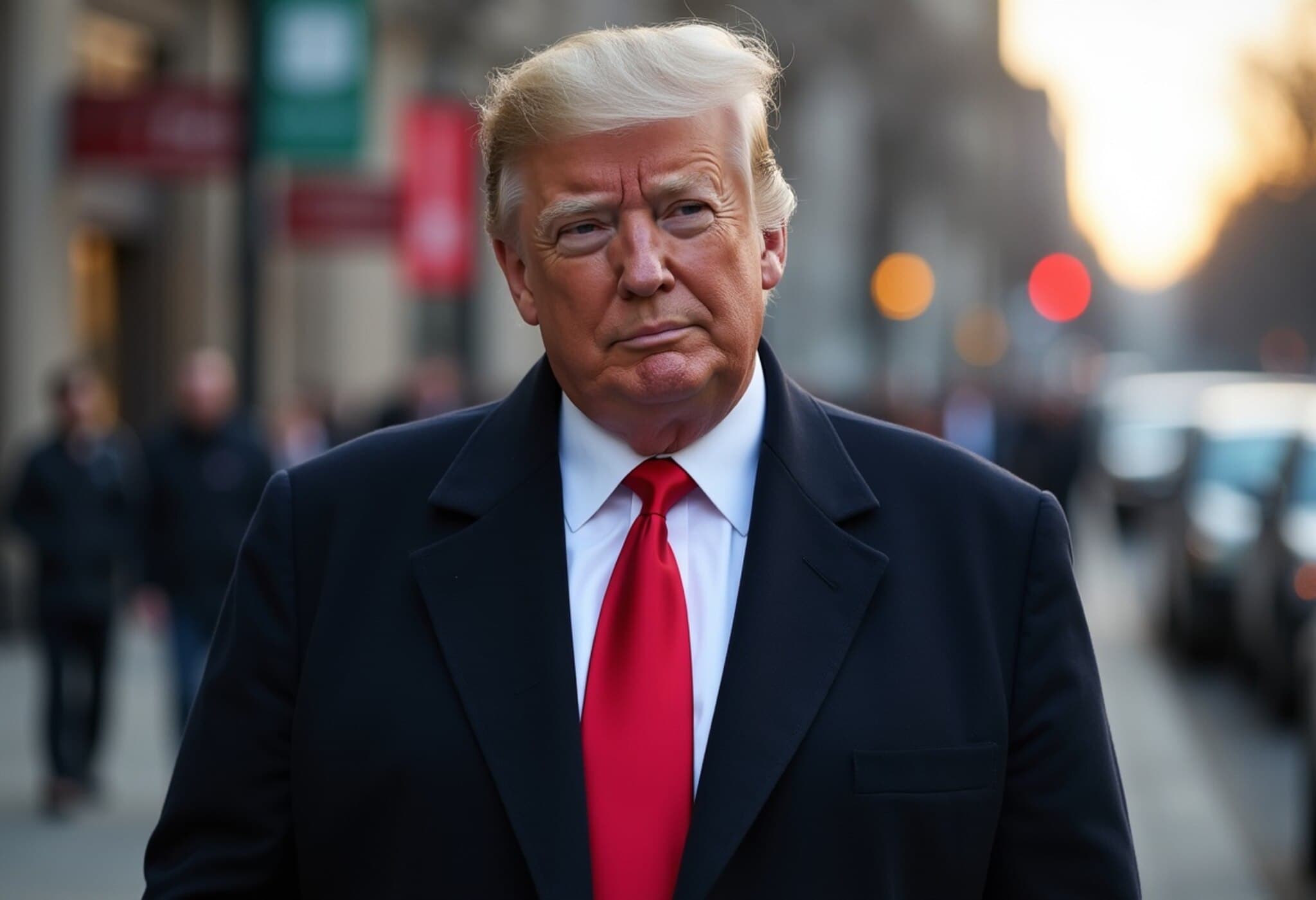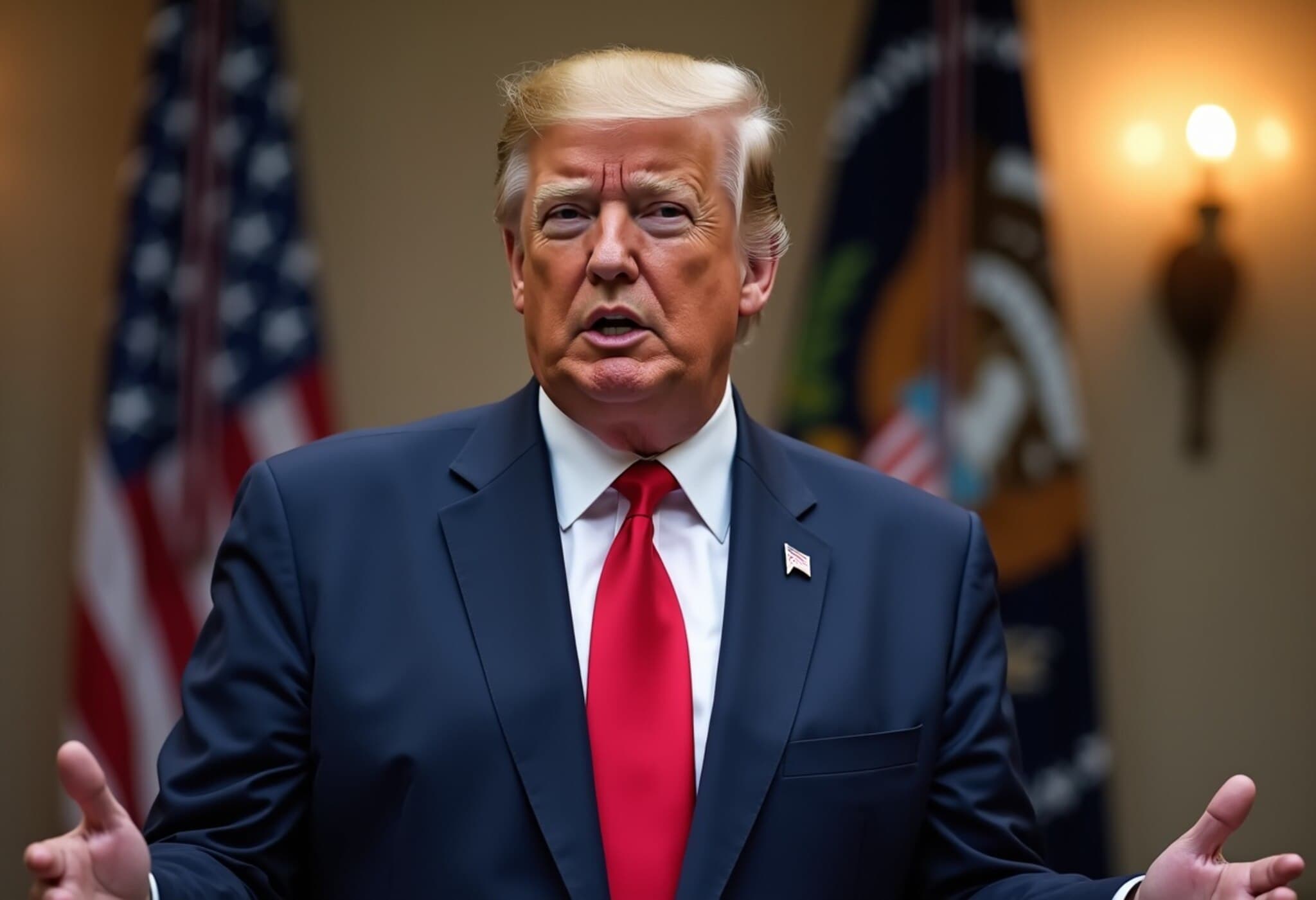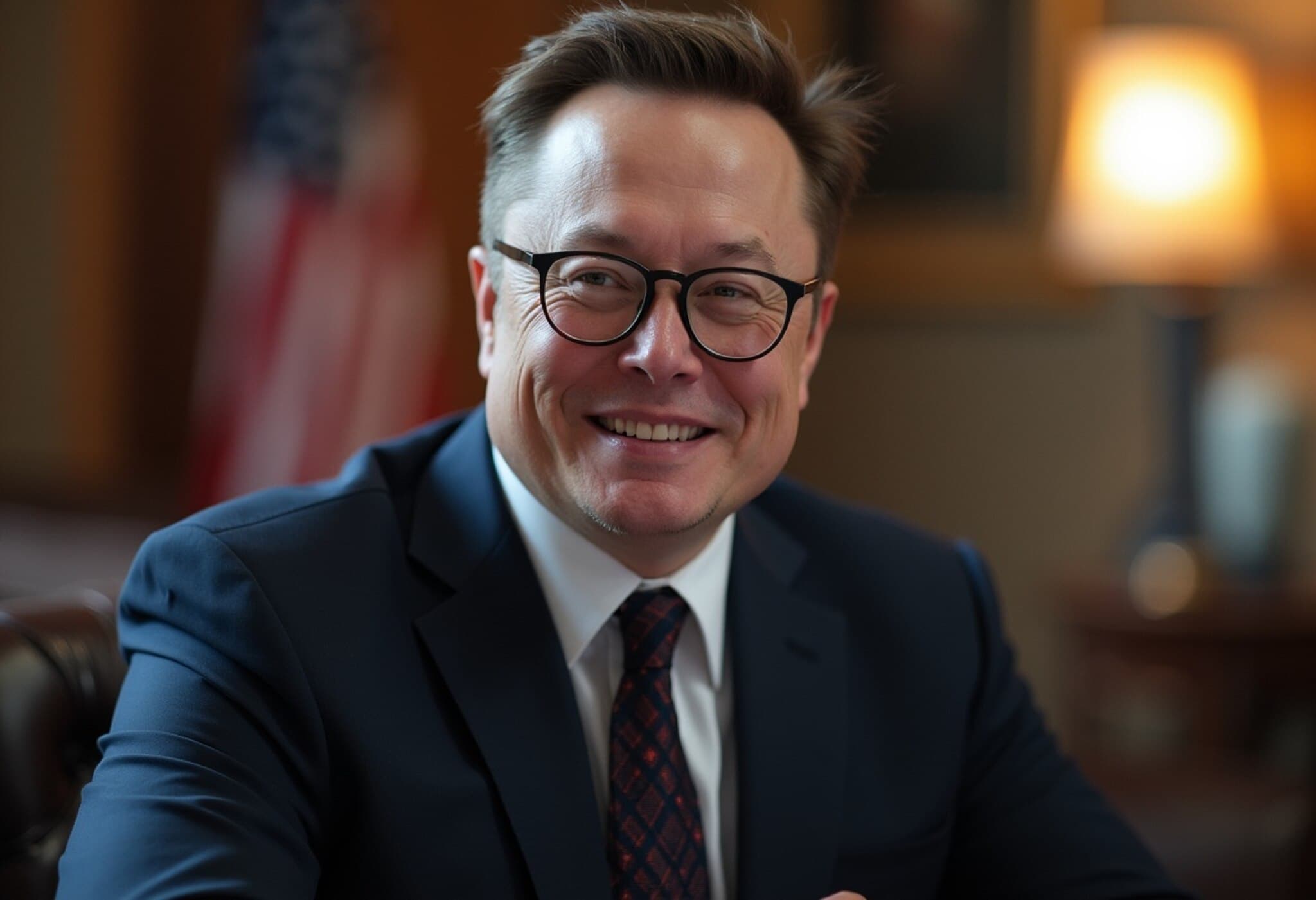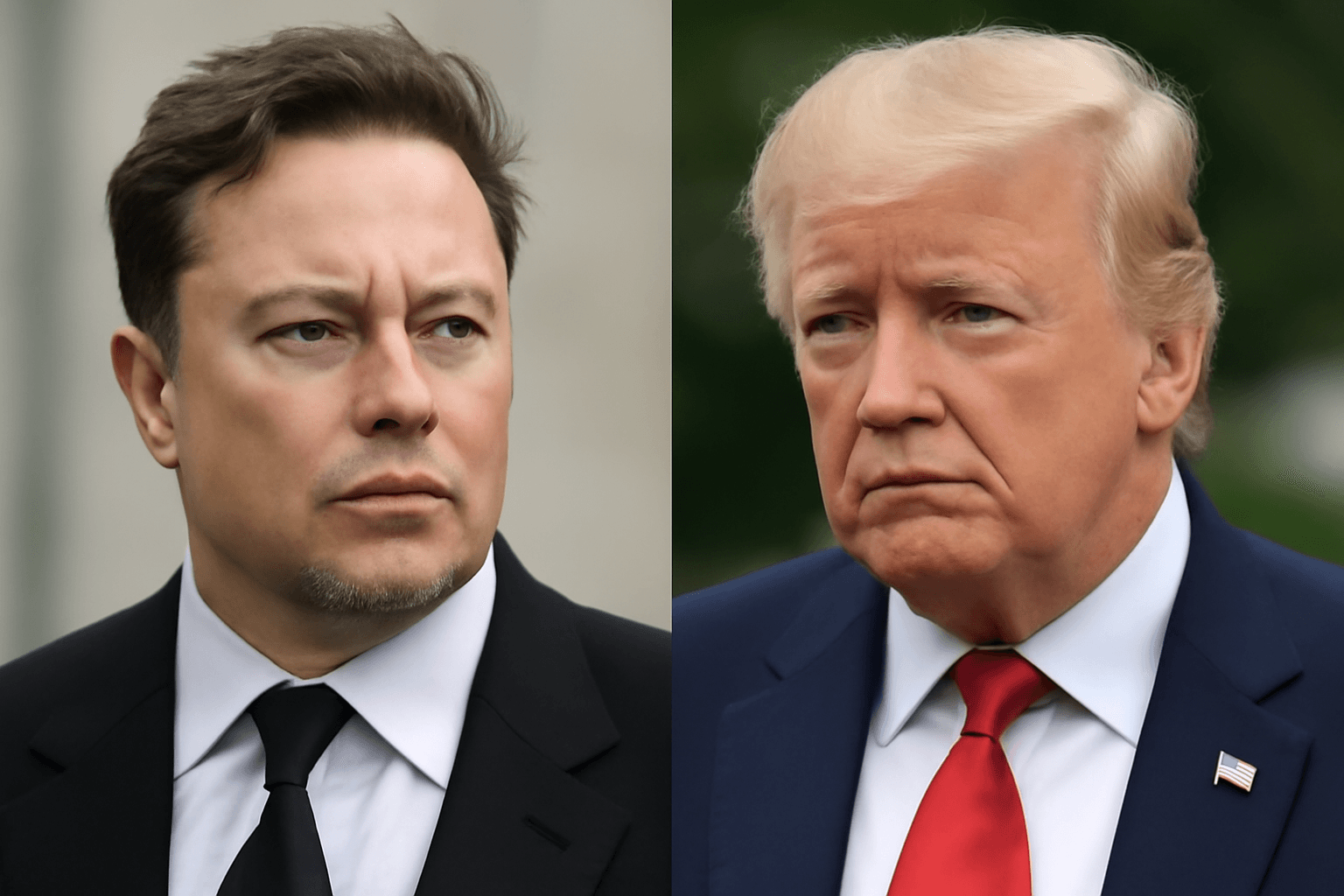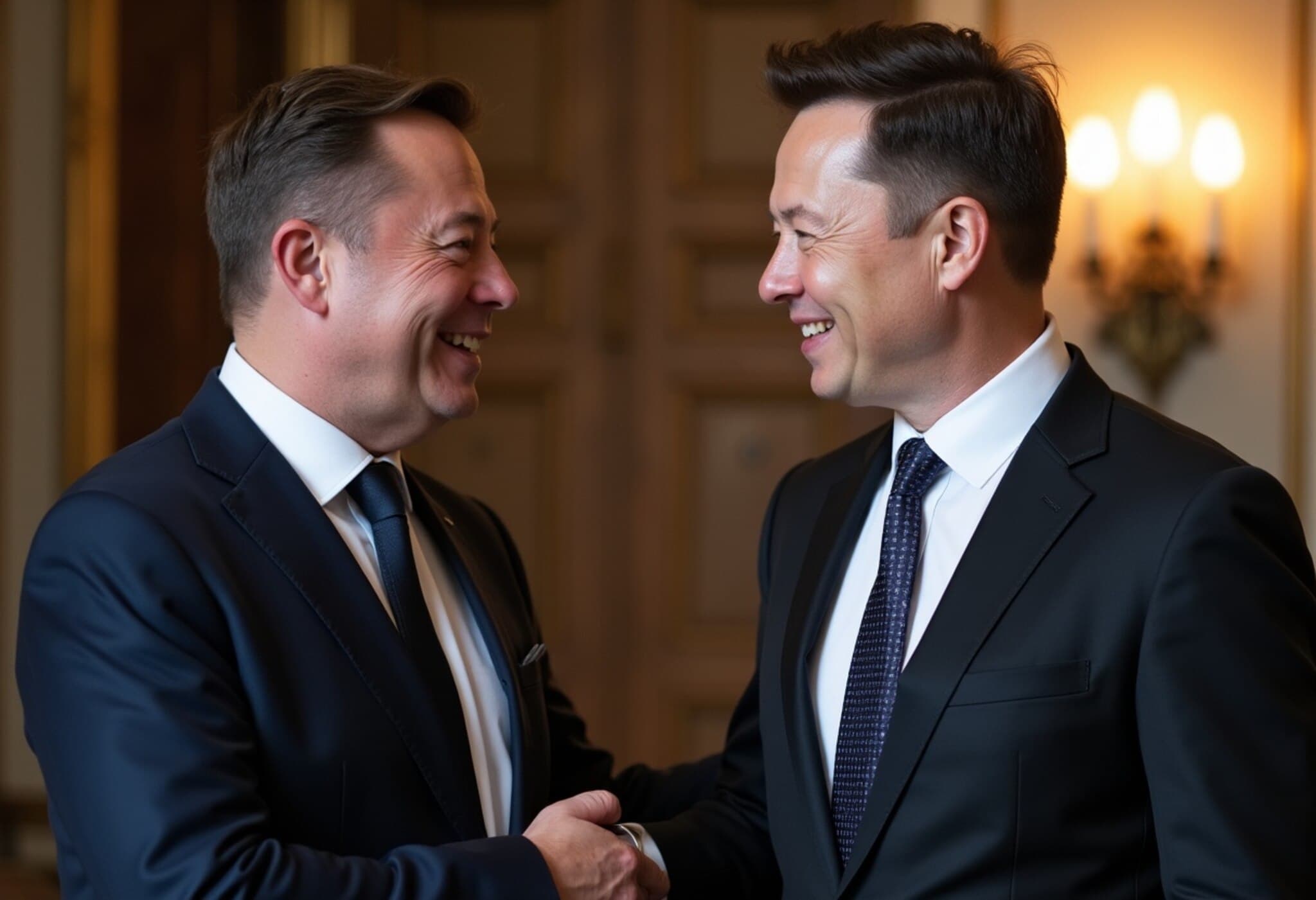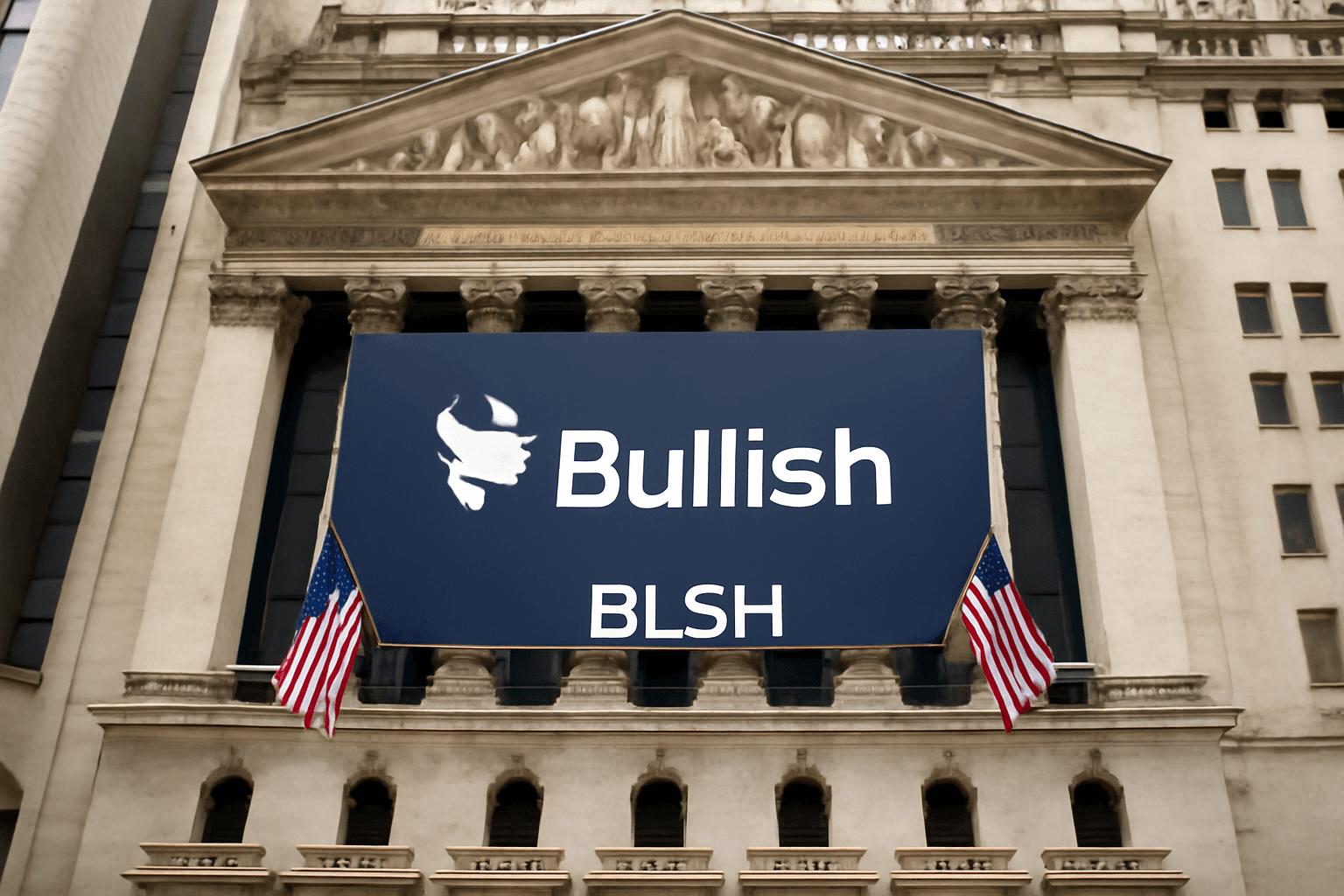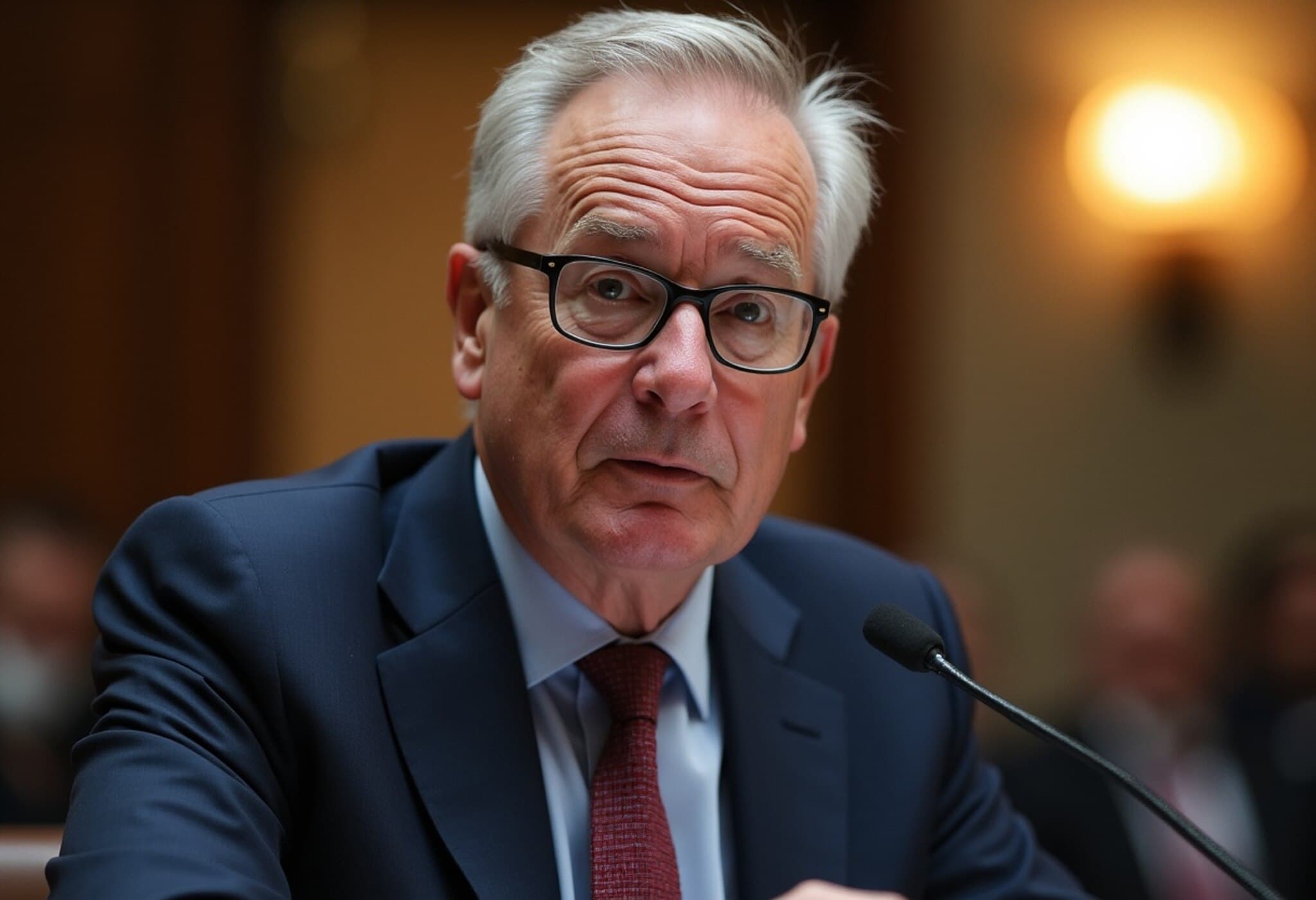Trump Launches Legal Battle Against Wall Street Journal and Rupert Murdoch
In a dramatic escalation of tensions, US President Donald Trump has initiated a libel and slander lawsuit against Dow Jones, its parent company News Corp, two journalists from the Wall Street Journal (WSJ), and media mogul Rupert Murdoch. The lawsuit, filed in the federal court for the Southern District of Florida, Miami, stems from a recent WSJ report alleging that Trump sent a sexually charged birthday letter to the late convicted sex offender Jeffrey Epstein in 2003.
Details of the Controversial WSJ Report
The WSJ piece claimed that the then real estate developer Trump sent Epstein a birthday card containing a nude illustration alongside a cryptic mention of a "shared secret" between them. This explosive assertion adds fuel to the already intense scrutiny surrounding Trump's past associations with Epstein, whose legal troubles and death have remained a source of public fascination and conspiracy.
Trump Pushes to Unseal Epstein Grand Jury Testimonies
Simultaneously, Trump has directed Florida Attorney General Pam Bondi to seek the unsealing of grand jury testimonies related to Epstein’s prosecution. Typically cloaked in secrecy to protect sensitive information and witnesses, these grand jury materials’ disclosure would mark a rare exception, justified by what Bondi’s filing in New York calls “extensive public interest.”
Epstein, who died in a New York jail cell in 2019 awaiting trial for sexually abusing dozens of underage girls, was closely connected in the public mind to a vast network of powerful figures. His death, ruled a suicide, ignited waves of conspiracy theories—especially among Trump’s core supporters—suggesting a purported global elite pedophile ring.
Balancing Act: Addressing Supporter Conspiracy Theories
Since returning for a second term in January, Trump has felt increasing pressure from his base to reveal the so-called “Epstein client list.” However, Attorney General Bondi’s official statement in July dismissed the existence of such a list, signaling an attempt to quell rampant speculation.
This tension reflects an unusual fissure within the "Make America Great Again" (MAGA) movement, highlighting the challenges Trump faces in reconciling his public image with the demands and narratives of his supporters.
The Legal and Political Implications
- First: The lawsuit demands legal reckoning for what Trump’s team categorizes as defamatory reporting, possibly setting a precedent for future press freedom and presidential libel claims.
- Second: The push to unseal grand jury testimony is a double-edged sword —potentially revealing new information but also exposing witnesses and evidence to public scrutiny.
- Third: The unfolding drama underscores the volatile intersection of political power, media influence, and public demand for transparency on elite misconduct.
Expert Commentary: Navigating Media Lawsuits and Political Narratives
Media law experts note that high-profile libel suits against major news outlets are challenging to win, given the protections for the press under the First Amendment. Trump's case hinges on proving actual malice — that the WSJ knowingly published false information or acted with reckless disregard for the truth.
Meanwhile, political analysts observe that Trump's effort to unseal Epstein grand jury documents might be as much about controlling the narrative as unveiling facts. By involving Attorney General Bondi, a longtime ally, Trump may be attempting to placate his supporters and reassert control over an issue that continues to threaten his political brand.
What’s Next: Courts, Public Perception, and the Epstein Legacy
It is yet to be seen whether the federal courts will grant Trump’s requests to unseal sensitive grand jury testimonies or how this legal saga will influence public opinion. Even if the materials become public, experts caution it is unlikely they will provide the conclusive proof sought by conspiracy theorists.
When asked during a recent press briefing whether he planned to demand further disclosures related to Epstein, Trump chose not to comment, leaving observers to speculate on his next moves.
Editor’s Note
The legal confrontation between President Trump and the Wall Street Journal invites reflection on the fragile relationship between political power and media scrutiny. While this lawsuit challenges journalistic integrity, it also calls attention to the delicate balance surrounding freedom of the press, public curiosity, and the quest for accountability. As the case develops, readers should watch closely how courts interpret protections for the press in the context of high-profile political litigations, and how emerging disclosures might reshape the enduring public debate over Jeffrey Epstein's murky network.

